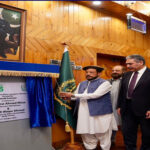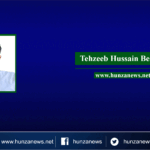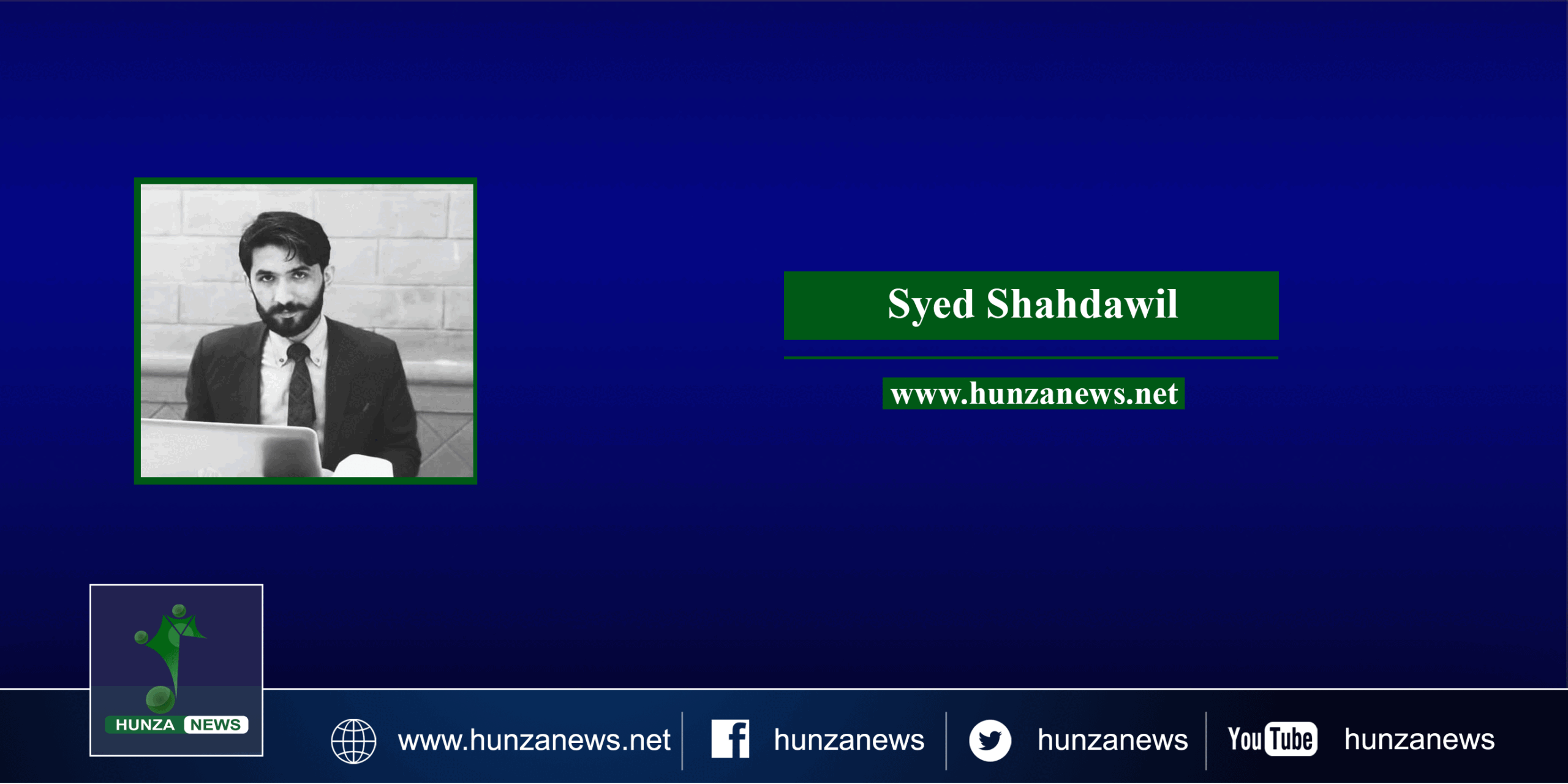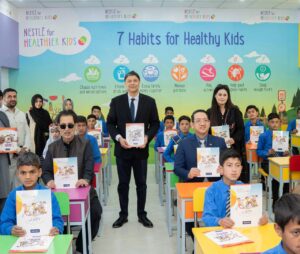In Gilgit-Baltistan, a remote and mountainous region, social media has become an integral part of daily life, especially among its younger residents. Indecent exposure, such as nudity, is of particular concern. Such information can distort young people’s perceptions of appropriate sexual behaviour and body image, leading to psychological and emotional issues.
The prevalence of digital content that conflicts with local social and cultural norms can create taboos, creating a divide between generations. Parents and children often argue about the interpretation and acceptance of such information, leading to conflict and misunderstanding. Generational differences in ICT literacy further complicate these challenges. Many parents in the region have little understanding of digital technologies and social media platforms, leading to misconceptions about its uses and risks Not if this gap hinders effective guidance for young people it is not only used but creates an environment where misinformation and harmful factors can have much more profound effects.
Developing emotional intelligence (EI) is crucial for young people to navigate social media effectively. EI involves understanding and managing one’s emotions and having empathy for others. When children have higher levels of emotional intelligence, they can better understand the emotional and psychological impact of social media content and respond more effectively and more thoughtfully to negative effects. Programs aimed at increasing self-awareness and empathy can be particularly useful, helping young people navigate the intensity of online interactions and triggering emotional responses .
Increasing IT literacy is another important step. Educating youth about the technology behind social media platforms, including the role of algorithms and the importance of online privacy, can empower them to navigate these spaces safely and effectively This is about especially important in Gilgit-Baltistan, where digital literacy rates are higher than in urban areas . some areas may lag behind, leaving youngsters more vulnerable to Internet exploitation and misinformation.Even so, comprehensive sex education, suited to the cultural norms and values of Gilgit Baltistan can provide accurate sexual health information to adolescents who can. This education should include critical observation skills that help them analyze and question the portrayal of sexuality in consumer media. Such programs can keep aspects of human sexuality confidential, reduce the sensationalism of the Internet, and enhance healthy attitudes and behaviours.
In Gilgit Baltistan, the use of social media misuse is associated with higher rates of mental illness, including severe suicidal mindfulness in young people. Pressure to conform to local and global norms, public disclosure of private information, and the possibility of cyberbullying can all lead to emotional distress and feelings of isolation.
Collaborative community efforts are needed to address these challenges. Educational programs need to expand beyond youth to include parents and older generations and enhance their understanding of digital technologies and the cultural implications of social media content.
Schools and community groups can provide forums to bridge the knowledge gap and foster open discussions to access social media responsibly.By developing emotional intelligence, increasing IT literacy, and raising culturally sensitive sexuality education, communities can prepare their youth to mindfully and safely access social media , thus educational and social enrichment s benefits . This multifaceted approach not only reduces the risks associated with social media use but also enhances youth development and educational experiences in our increasingly digitized world, protects and youth mental health and it preserves the cultural integrity of Gilgit Baltistan.























